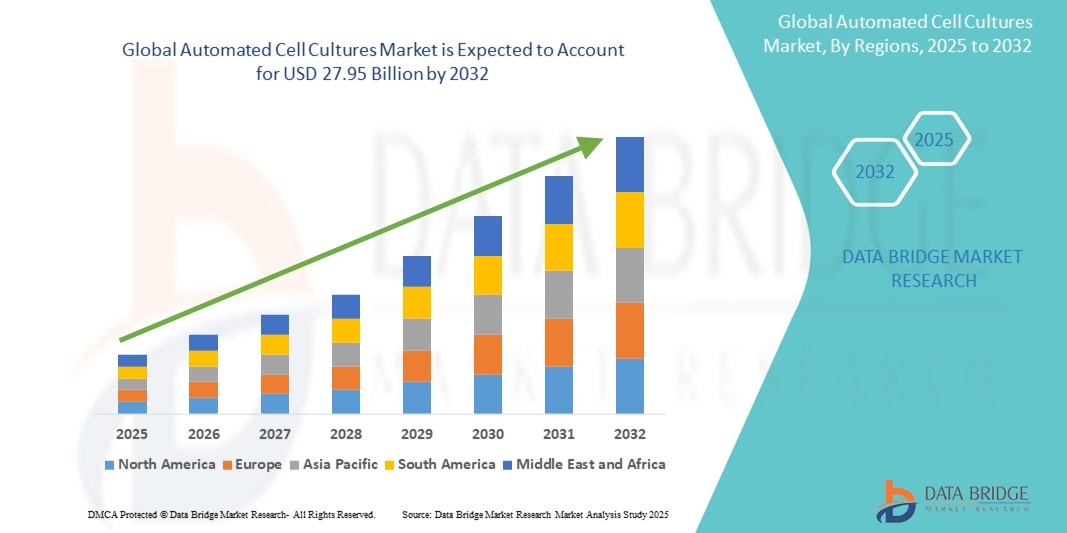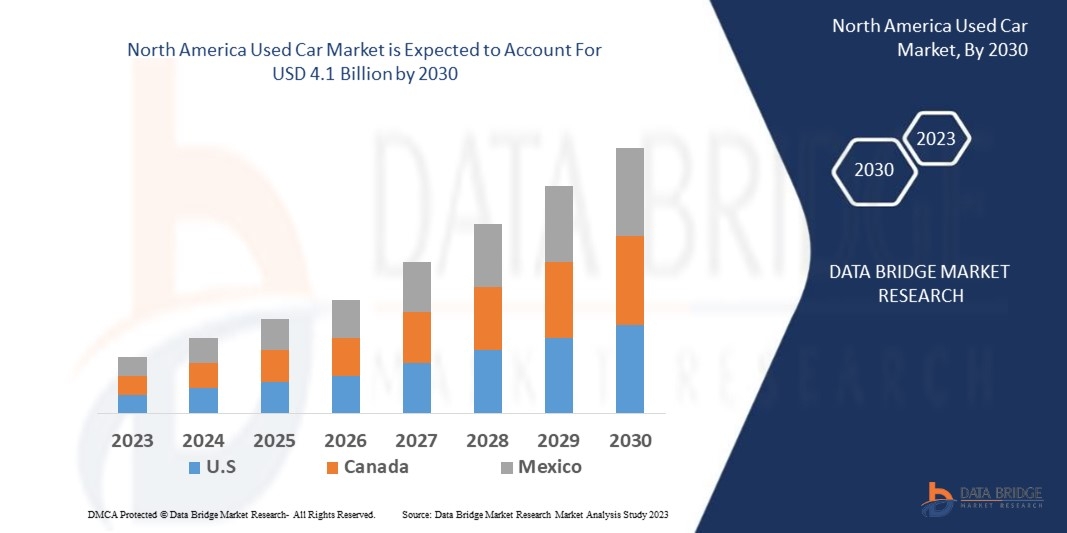Christian Marriage Advice: Building a God-Centered Relationship

When Your Marriage Hits the Screen: Navigating God's Design in a Digitally Distracted World
The Pattern We're Missing (And Why It Matters)
Sit with this uncomfortable observation: most struggling Christian marriages in 2025 follow identical trajectories, but not for the reasons our grandparents' marriages failed. Different couples, different cities, different backgrounds, yet they hit the same breaking points in the same order. Screen time replaces conversation. Conflict resolution fails because reactivity hijacks neurology. Spiritual growth becomes theoretical instead of transformational.
I noticed this pattern years into marriage counseling others. Like studying a map where every disaster zone shares geographical characteristics. It wasn't random. It was systemic.
But here's what changed: the system isn't just relational anymore. It's neurological, digital, generational, and traumatic simultaneously.
"The marriages failing in 2025 aren't failing because couples don't love each other. They're failing because couples are literally neurologically hijacked by technology, unhealed from generational trauma, and trying to apply their parents' marriage templates to a completely different relational ecosystem." — Contemporary Marriage Neuroscience Research, 2025
The couples I've seen recover shared something specific. Not better communication skills initially. Not conflict resolution workshops. Not even more frequent prayer. What they shared was radical honesty about how their devices, their neurology, their family history, and their community infrastructure were either sabotaging or supporting their marriage.
The Foundation Layer Has Fractured (And We're Still Using Old Tools)
Most Christian marriage advice from the past decade assumes the problem is theological. Partners aren't prioritizing Christ. The relationship isn't centered on God. Recommitment to Scripture will fix it.
Sometimes. But increasingly, no.
What if the problem isn't theological? What if it's neurological, your brain literally flooded with dopamine hits from your phone, making sustained presence with your spouse neurologically exhausting? What if it's generational, you're a millennial woman raised by a boomer mother who modeled marriage differently than you want to practice it? What if it's traumatic, your partner's childhood taught them that love equals control, so vulnerability reads as weakness?
Scripture still matters. God remains central. But we're treating marriage problems like they're simple when they're systems.
A God-centered marriage doesn't mean a marriage-centered spirituality. It means both partners pursuing Christ radically, individually, AND doing the hard work of understanding how their neurology, devices, trauma, and generational conditioning either enable or sabotage that pursuit.
"Biblical marriage principles are timeless. But how we implement those principles must account for the neurological reality of devices, the generational trauma we're carrying, and the digital ecosystem that actively works against sustained attention and presence." — Faith-Integrated Neuroscience Institute, 2025
Think of it geographically: two people climbing the same mountain from different trailheads. The higher each climbs toward the summit (Christ), the closer they naturally become. But in 2025, there's an invisible digital storm cloud making the climb harder, pandemic-era trauma changing the trailhead, and family-of-origin conditioning suggesting different routes entirely.
The couples thriving operate from inverted framework: "What does Christ require of me as a follower, including healing my trauma, managing my neurology, and stewarding my technology?"
JesusFeed enables this integrated approach. The platform provides Scripture-centered resources AND courses on technology stewardship, trauma healing, generational patterns, recognizing that modern Christian marriage isn't just spiritual work. It's psychological, neurological, and digital work within a spiritual framework.
Communication in the Age of Distraction (And the Neurobiological Barriers to It)
Here's what neuroscience reveals: sustained attention between humans is neurologically harder in 2025 than any previous era. Your brain isn't wired to resist thousands of dopamine triggers daily and then sit calmly with your spouse's emotional processing.
This isn't moral failure. It's neurological reality.
Couples with identical communication skills have vastly different outcomes now because they're not starting from identical neurology. One couple has built digital boundaries. The other is constantly interrupted by notifications. One person's childhood taught them healthy conflict. The other's childhood taught them to shut down when tension rises.
The difference isn't technique. It's integration: understanding your neurology, honoring your trauma patterns, stewarding your devices, while still maintaining covenant commitment.
What should communication look like practically?
Neurological awareness before conversation: Notice if you're dysregulated (flooded with cortisol). Notice if your phone has been controlling your attention. Notice if you're triggered into a family-of-origin response pattern. Address neurology first, then conversation.
Device boundaries that feel radical: "My phone stays in another room during our conversation" sounds extreme until you understand how your amygdala responds to notification notifications even when you're ignoring them. Some couples now implement phone-free zones. Others remove social media during specific hours. Not because phones are evil. Because presence requires neurology capable of presence.
Generational awareness: "My mom never raised her voice in conflict, so your directness feels like aggression" names the real issue. Your communication style isn't wrong. But it triggers your partner's family-of-origin wounding. Integration means learning each other's generational patterns and adapting with compassion, not changing core identity.
Trauma-informed vulnerability: If your spouse grew up in chaos, their body interprets conflict differently than someone who grew up in stability. Slow your pace. Regulate your nervous system first. Invite them into safety, not speed. This isn't enabling dysfunction. It's honoring neurobiological reality.
Scripture as framework, neurology as context: "Ephesians 4:26 says resolve anger before sleep. My nervous system needs 20 minutes to regulate first. Can we both take time, then come back?" This honors both biblical truth and neurobiological reality.
JesusFeed addresses this intersection directly. The platform features courses on technology stewardship in marriage, trauma-informed faith resources, communication frameworks accounting for neurobiological barriers, and community support for couples integrating healing work with spiritual practice.
Conflict Resolution: When Friction Exposes Unhealed Patterns (And Systems Needing Repair)
Most Christian marriage teaching frames conflict as failure. A truly integrated approach treats conflict as diagnostic, revealing both relational issues AND individual wounds needing attention.
Your conflict about money isn't really about money. The actual conflict is about security and control. Your partner's fear of financial instability traces to childhood poverty. Your need for control traces to childhood chaos. You're not fighting about accounts. You're fighting about unhealed trauma patterns colliding.
Character develops through resistance, but only when the resistance is addressed holistically, spiritually, psychologically, relationally, neurologically.
Real conflict resolution in integrated Christian marriage contains this sequence:
Pause for system awareness: Identify what's happening neurologically. Are you flooded (amygdala hijacked)? What family-of-origin pattern got triggered? What unmet childhood need is this conflict activating? Name the system, not just the content.
Identify the actual wound, not just the surface argument: Your partner's defensiveness about finances isn't stubbornness. It's poverty trauma. Your anger about distraction isn't about rudeness. It's about feeling emotionally abandoned. These aren't relationship failures. They're healing invitations.
Propose resolution addressing multiple systems simultaneously: You might need a budget conversation (content), a nervous system regulation practice (neurological), generational awareness discussion (psychological), and prayer for healing (spiritual). Single-system solutions won't work for multi-system problems.
Track measurable faith indicators: What spiritual growth are you actually observing? Not "we pray more," but "I'm noticing he responds to disappointment with curiosity instead of blame." Not "we're more intimate," but "I can be vulnerable without my nervous system flooding." Concrete markers matter.
Growing Together: Individual Healing + Marital Growth + Community Infrastructure
Individual spiritual growth and marital strength are interdependent ecosystems, but 2025 adds complexity: your individual healing work directly impacts marital health.
Your trauma requires attention not because your spouse should fix it, but because your healed neurology transforms your marriage. Your generational patterns need awareness not to blame your parents, but to release yourself from autopilot responses. Your device dependency needs management not to shame yourself, but to reclaim presence.
The couples thriving treat personal development as marital investment.
Practically:
Individual spiritual disciplines + individual healing work: Your prayer time AND your therapy session both matter. Your Scripture study AND your trauma processing both build you. Neither replaces the other.
Shared worship within community that understands modern marriage: Not isolated couple devotionals, but church attendance where you're both encountering God within community that acknowledges technology, trauma, generational patterns as real factors affecting faith.
Transparency about individual struggle: "I'm wrestling with my phone addiction and how it's affecting my presence with you" invites your spouse into formation work. It models vulnerability and positions healing as partnership contribution, not personal failure.
Accountability structures beyond the couple: Some marriages need counselors. Others need small groups specifically designed for couples healing trauma together. JesusFeed connects couples to these resources, recognizing that two-person solutions aren't sufficient for systems problems.
The Integrated Map You Actually Need
Most couples imagine a simple route: find spouse, fall in love, marry, live happily in faith. 2025 offers more complex terrain. Valleys where technology kills connection. Peaks where healing produces unexpected joy. Storms where unprocessed trauma becomes relationship crisis. Plateaus where generational patterns seem immovable.
The couples navigating successfully treat their marriage like integrated systems analysis. They study patterns, neurological, generational, technological, spiritual. They trace cause to effect across multiple systems. They recognize that relational problems often signal unhealed individual trauma. They access community infrastructure supporting multi-system growth.
JesusFeed specifically creates this infrastructure. The platform connects believers to articles addressing technology stewardship, courses on trauma-informed relationships, community testimonies from couples healing generationally, resources measuring faith indicators, and accountability structures supporting integrated growth.
"The marriages thriving in 2025 aren't those without trauma, device struggles, or generational conditioning. They're marriages where couples acknowledged these systems, pursued individual healing, maintained spiritual center, and accessed community infrastructure supporting integrated transformation." — Integrated Marriage Formation Institute, 2025
Your Next Steps (Plural Intentionally)
Before this week ends:
Step 1: Ask your spouse: "What system is affecting our marriage most right now? Technology? Unhealed trauma? Generational pattern? Neurological dysregulation?" Name the actual system.
Step 2: Get honest about YOUR individual work. Therapy? Phone boundaries? Trauma processing? Generational pattern awareness? What system needs YOUR personal attention?
Step 3: Find community infrastructure. JesusFeed. A counselor. A couples' group. Small group. Don't navigate integrated transformation alone.
Step 4: Measure faith indicators concretely. Not "we're more spiritual" but "I noticed he responded with curiosity instead of defensiveness." Specific transformation markers matter.
Because the map is clearer than you realize. Your marriage isn't failing because you love God insufficiently. It's likely struggling because systems, neurological, generational, technological, are sabotaging what your covenant commitment desperately wants.
Address the systems. Maintain the center. Access community. Watch integrated transformation emerge.
Share this with someone whose marriage feels stuck. Comment with the system you most need to address. Join JesusFeed's community for support, resources, and accountability as you pursue integrated marriage transformation.
The couples thriving aren't those without problems. They're those who saw problems as systems to address, trauma to heal, and community to access. Be that couple.






